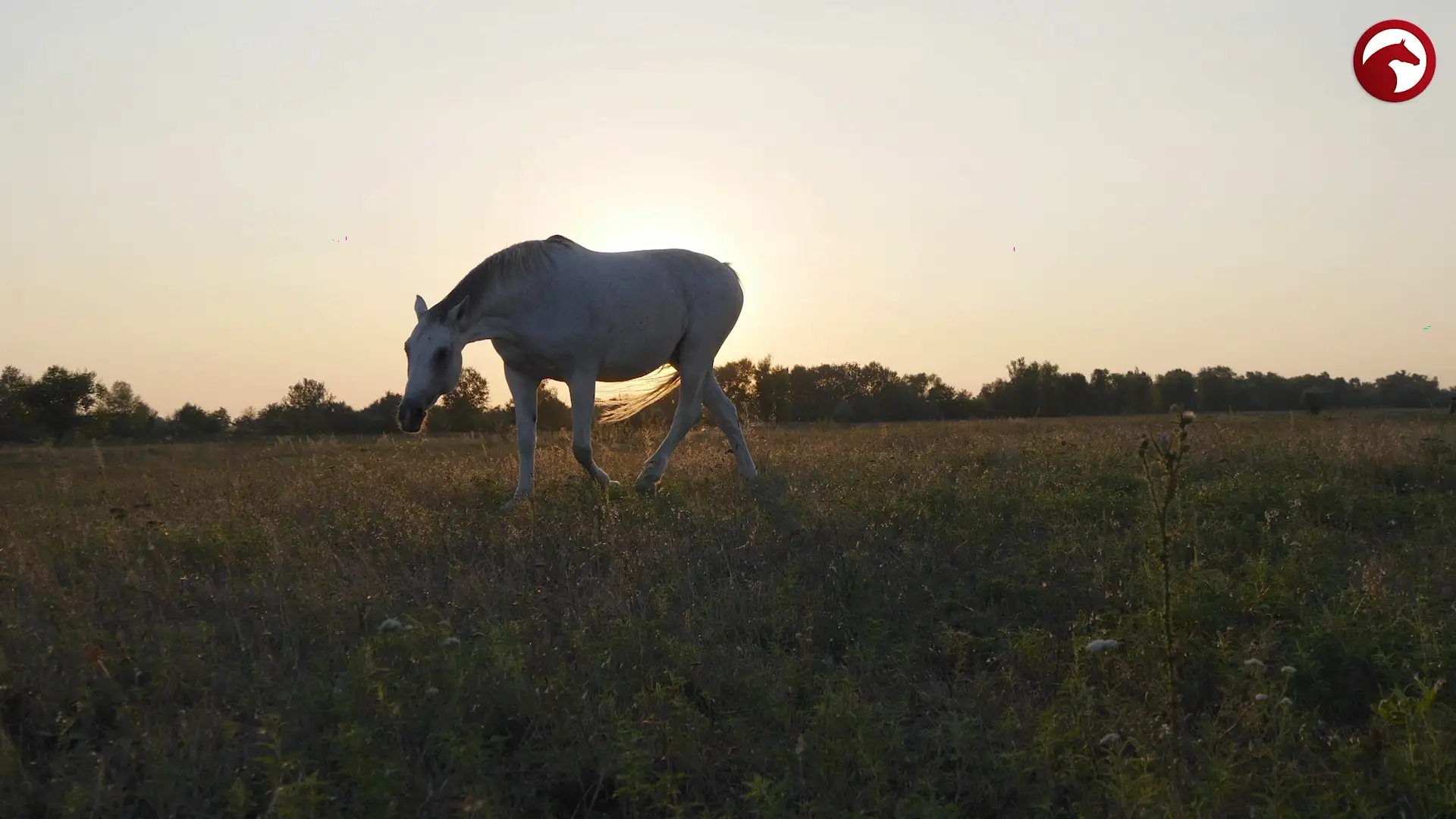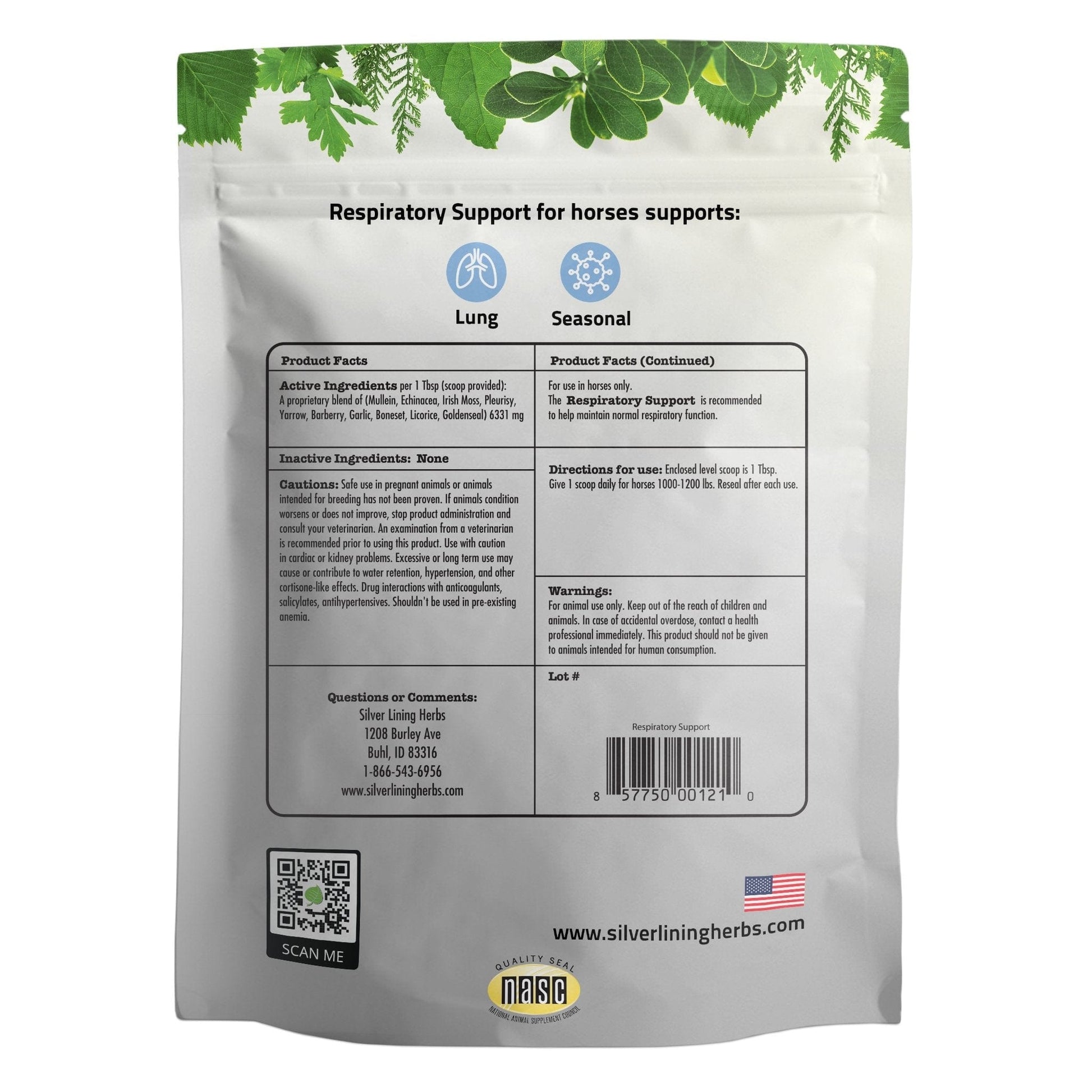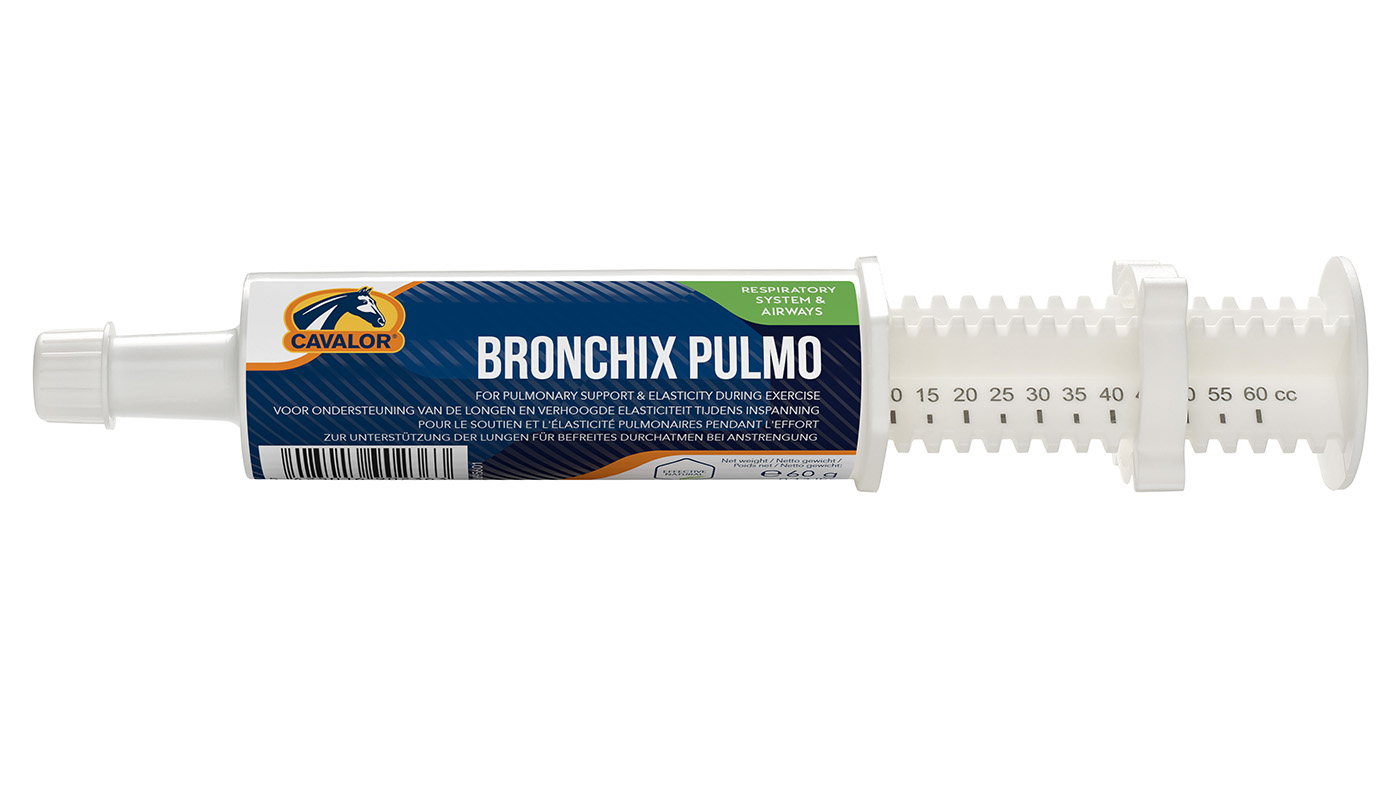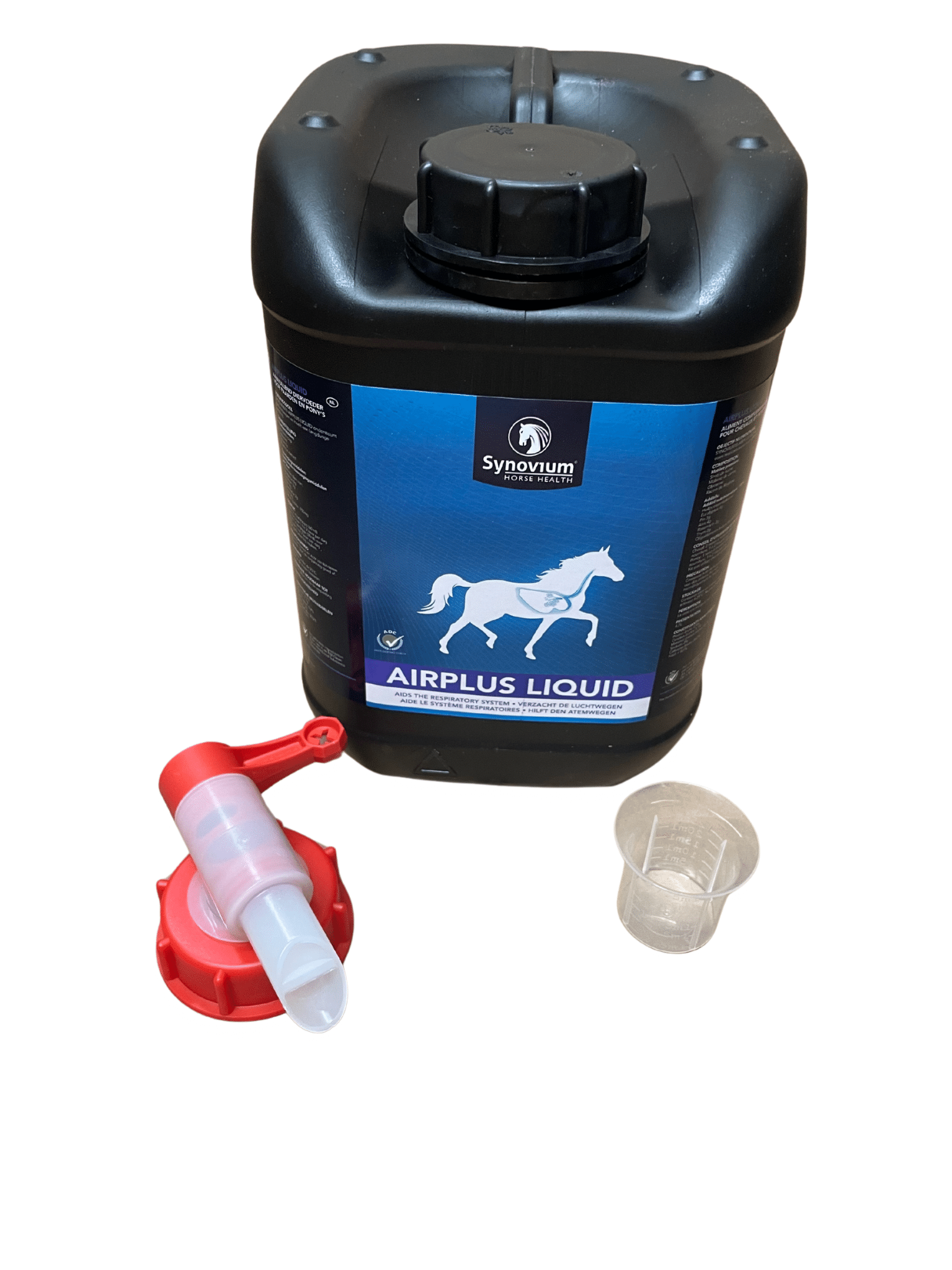Respiratory Health: Environmental Factors That Matter for Your Horse

Maintaining optimal respiratory health in horses is crucial for their overall well-being and performance. Environmental factors play a significant role in either supporting or compromising your horse’s respiratory system. This article explores key environmental influences, practical management tips, and answers common questions to help you safeguard your horse’s respiratory health.
Understanding Equine Respiratory Health

The respiratory system in horses is highly sensitive and can be affected by various external factors. Respiratory issues can range from mild irritation to severe conditions like heaves (recurrent airway obstruction) or infections.
Key Environmental Factors Affecting Respiratory Health

| Environmental Factor | Impact on Respiratory Health | Management Tips |
|---|---|---|
| Dust and Particulate Matter | Can cause irritation, inflammation, and allergic reactions. | Use dust-free bedding, wet down hay, improve ventilation. |
| Ammonia from Urine | Irritates mucous membranes, leading to coughing and discomfort. | Clean stalls regularly, ensure proper drainage. |
| Mold and Fungi | Trigger allergic responses and respiratory infections. | Store feed properly, avoid damp environments. |
| Air Quality and Ventilation | Poor air circulation increases exposure to airborne irritants. | Ensure good stable ventilation, avoid overcrowding. |
| Temperature and Humidity | Extreme conditions can stress the respiratory system. | Monitor weather, provide shelter and hydration. |
Practical Tips for Maintaining Respiratory Health
- Stable Management: Keep stalls clean and dry, use low-dust bedding materials like paper or wood pellets.
- Feeding Practices: Soak or steam hay to reduce dust; consider pelleted feeds.
- Exercise and Turnout: Regular turnout in fresh air helps clear airways.
- Monitoring: Watch for signs like coughing, nasal discharge, or labored breathing.
Frequently Asked Questions (FAQ)
Q1: How can I tell if my horse has respiratory problems?
A: Look for persistent coughing, nasal discharge, increased respiratory rate, or exercise intolerance.
Q2: Is dusty hay harmful to horses?
A: Yes, dusty hay can exacerbate respiratory issues; soaking or steaming hay reduces dust.
Q3: Can poor ventilation cause respiratory diseases?
A: Absolutely, inadequate airflow allows buildup of irritants and pathogens.
Q4: What bedding is best for horses with respiratory sensitivities?
A: Low-dust options like paper, wood pellets, or kiln-dried shavings are preferable.
Conclusion
Environmental factors significantly influence your horse’s respiratory health. By understanding these elements and implementing effective management strategies, you can help ensure your horse breathes easy and stays healthy.
For more detailed guidance, consult your equine veterinarian.
